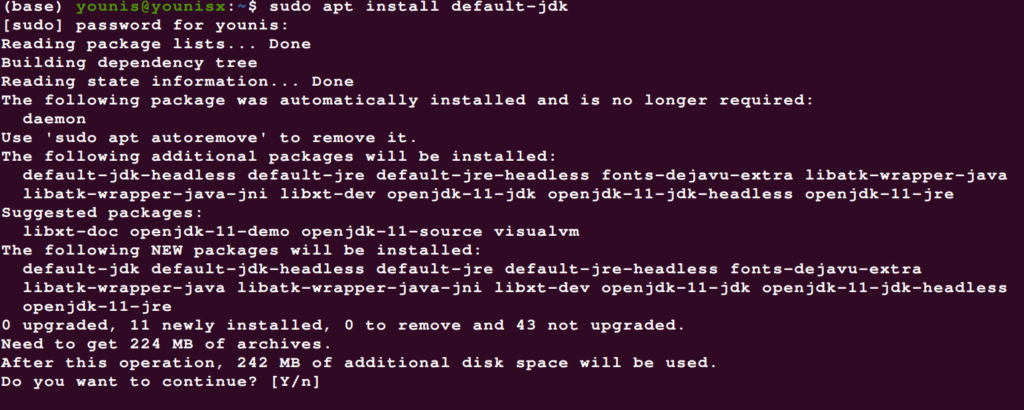

# Change encoding of text file f: from t: to o: output # remove a directory mount (see mount example above) # make a directory ("olddir") read-only in a new directory ("newdir") => thus making a read-only copy of the new dir to olddir Rsync -av -progress sourcefolder /destinationfolder -exclude thefoldertoexclude # Copy directory but exclude a directory within Sed -i -e 1i"some text for first line in file" file # find difference of two files each with one item per line csv files, remove the "+" signs and the first line, output to diff.csvĭiff -u old.csv new.csv | grep -e "^\+" | sed -e 's/^\+//' | sed -e'' 1d > diff.csv # get the difference between two files e.g.

Grep -rnw '/path/to/somewhere/' -e "pattern" # note: w is to match whole word (not only part of text), and l is to only return the file name this finds all cases of the string “echo” in the. # Look for particular string in a group of files as $row | $cols | map($row)) as $rows | $cols, $rows | > test.csvĬat filename | sed 's/oldstring/newstring/g' > newfilename # Add text in more.txt to the end of a text file orig.txtĬat test.json | jq -r '(map(keys) | add | unique) as $cols | map(. # To find placement of perl command rename: $ which rename => /usr/bin/rename # Check if folder exists, if not then create folder # concatenate the contents of all the files from above and place in file name files-contents.txtĬat $(ls -p | grep -v /) > files-contents.txt # list all files in folder but not folders end of: make a user with restricted access. Ln -s /bin/mkdir /home/user_name/bin/mkdir # allow above user: "ls", "mkdir", "ping" commands Useradd -d /home/user_name -s /bin/rbash -m user_name # hard limits mark the maximum value which cannot be exceeded by setting a soft limit # soft limits are simply the currently enforced limits # A simple CPU speed test - calculation of Pi with (eg.) 1000 decimals # Compress files and folders in directory to named file backup.tgz’ # return -> returns a value from a function # bash script function: difference between return and exit # do something with each file (file -i) e.g. # bash script: Loop over files (*.csv) in current directory (.) and # Count number of characters in file, and words in file # Count # of lines in *.csv files in current directory # see also: => 100 requests with max 10 concurrent:
INSTALL MELD ON UBUNTU 20.04 INSTALL
# source: => Ubuntu install => apt-get install apache2-utils # http(s) (application) server speed test

# Internet connection speed test via linux terminal
INSTALL MELD ON UBUNTU 20.04 PDF
pdf files: first.pdf and second.pdf (as texts), first install meld (a program) # compare text files line by line => use commands comm or diff depending on usage, see documentation (echo 'some text at beginning' cat file_old echo 'some text at end') > file_new # Add text to beginning and/or end of text file_old and output as file_new In other words, his case doesn't apply to my vanilla Ubuntu.# use > to write to a file and use > to append to a file I've consult this one as well, however, that's Redhat 6.3 server environment, and the OP was installing each component to its own prefix thus he ran into errors like this.


 0 kommentar(er)
0 kommentar(er)
